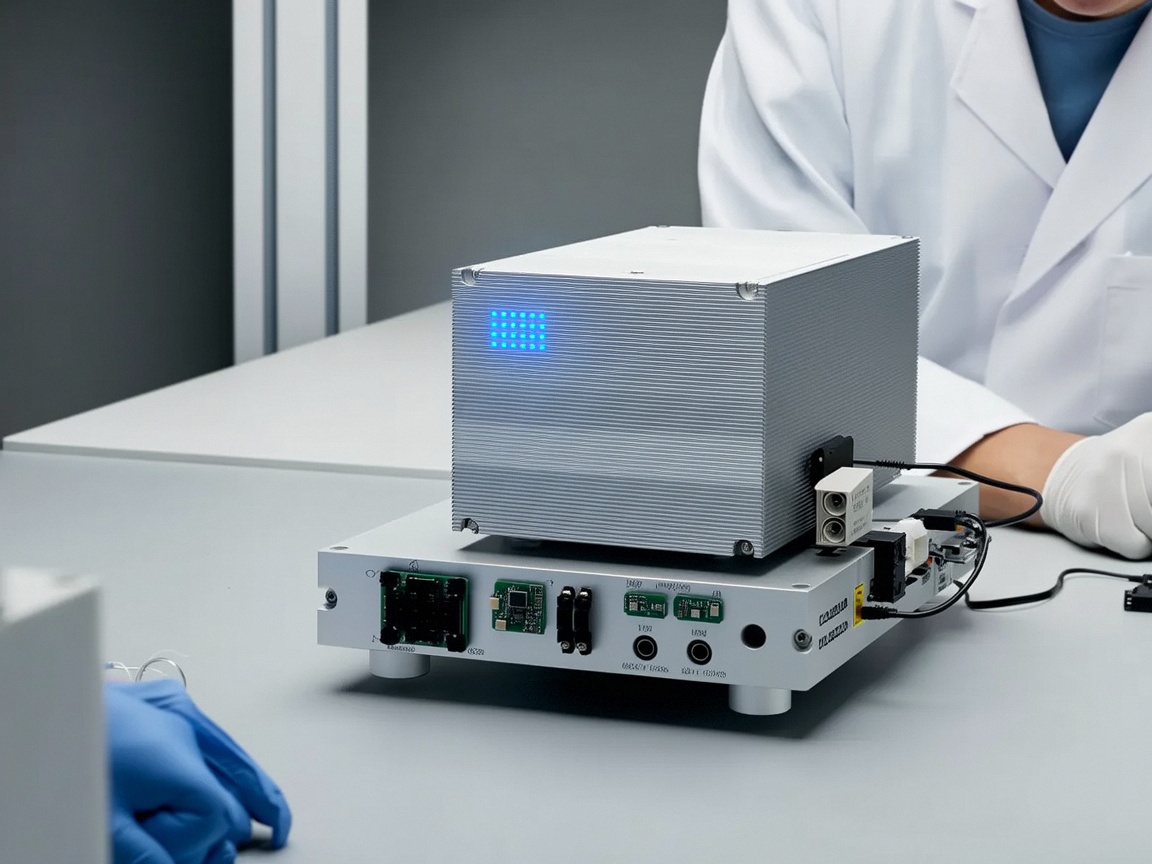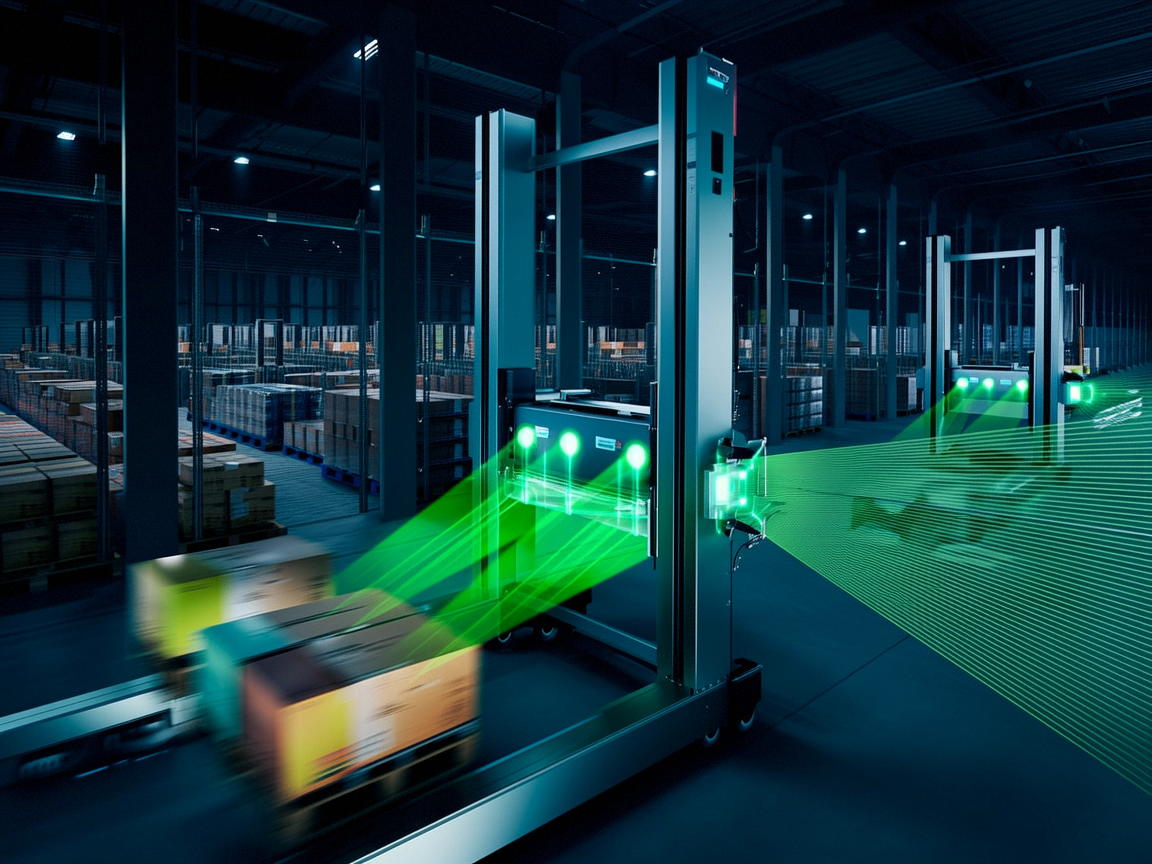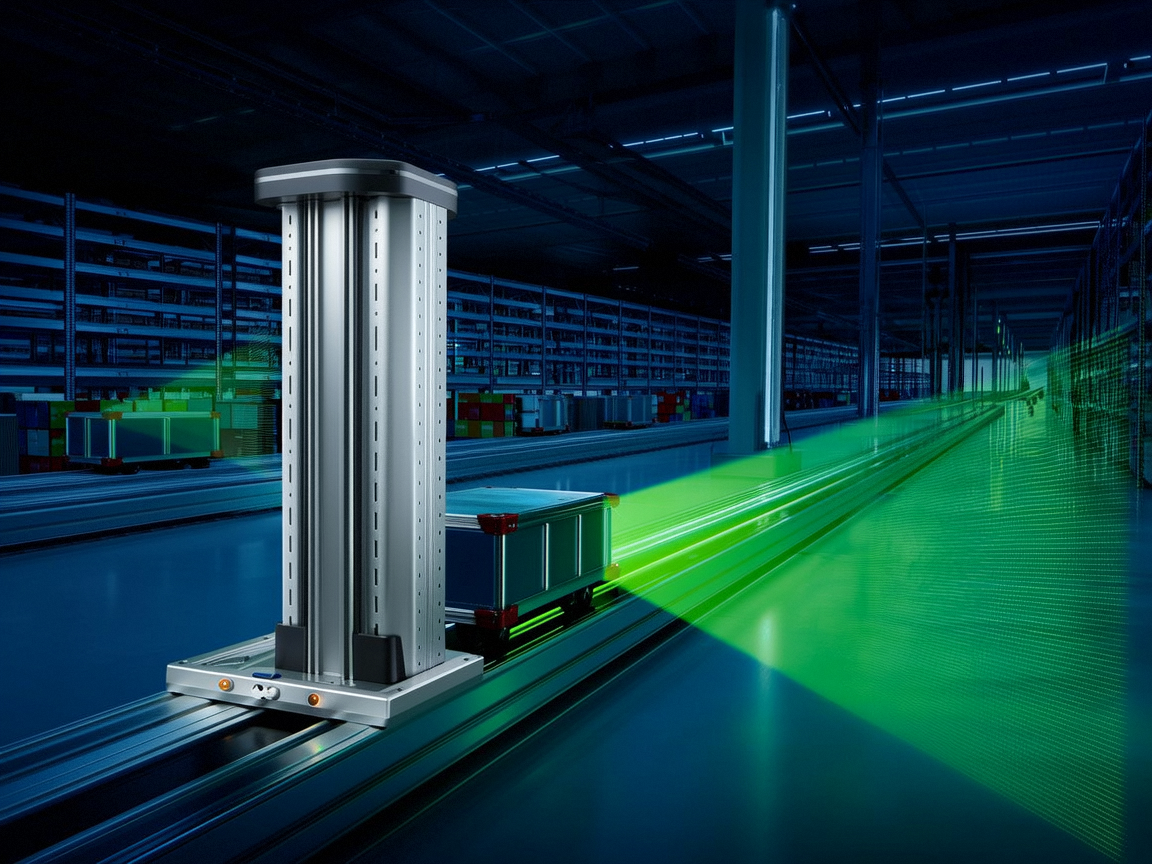
A sensor module is a functional module that integrates multiple sensor components, signal processing circuits, and interfaces into one. It has the characteristics of miniaturization, high integration, and easy deployment, and is widely used in industrial, consumer electronics, medical, and other fields. The following analyzes the application logic and typical cases from six core scenarios:
1、 Industrial Automation and Intelligent Manufacturing
Core values: equipment status monitoring, production line automation control, process parameter optimization
1. Equipment Health Monitoring (PHM)
Application scenarios: CNC machine tool spindle wear warning, wind power equipment gearbox fault diagnosis
Module composition: vibration sensor (accelerometer)+temperature sensor+strain gauge+signal conditioning circuit
Case: A wind power enterprise installed a vibration temperature composite module in the wind turbine gearbox. When the vibration amplitude exceeds 20g and the temperature rises sharply by 15 ℃, the system automatically warns of gear wear (with an accuracy rate of 92%), reducing maintenance costs by 30%.
2. Production line logistics and warehouse automation
Application scenarios: AGV car obstacle avoidance, intelligent shelf inventory monitoring
Module composition: LiDAR (ToF)+ultrasonic sensor+tilt sensor
Case: The AGV in the e-commerce warehouse is equipped with a laser ultrasonic composite module, which enables three-dimensional modeling of obstacles within a range of 20m. The obstacle avoidance response time is less than 50ms, and the logistics efficiency is improved by 40%.
2、 Consumer Electronics and Smart Home
Core values: human-computer interaction, environmental perception, and device intelligence
1. Smartphones and wearable devices
Application scenarios: Mobile posture recognition, smart watch health monitoring
Module composition: MEMS accelerometer+gyroscope+geomagnetic sensor (6-axis IMU)+heart rate sensor
Case: The heart rate exercise composite module of Apple Watch combines PPG optical sensors with three-axis accelerometers to achieve accurate calculation of exercise calorie consumption (error<5%).
2. Smart home environment monitoring
Application scenarios: Indoor air quality monitoring, intelligent lighting control
Module composition: PM2.5 sensor+temperature and humidity sensor+light sensor+gas sensor (VOC)
Case: A certain brand of intelligent air detector integrates a five in one environmental module to monitor real-time parameters such as PM2.5 (accuracy ± 5 μ g/m ³), temperature and humidity, formaldehyde, etc., and automatically adjusts the indoor environment in conjunction with air conditioning.
3、 Medical Health and Biological Monitoring
Core values: vital sign detection, medical equipment sensing, portable diagnosis
1. Portable medical devices
Application scenarios: Home blood glucose meter, dynamic electrocardiogram monitoring
Module composition: Electrochemical sensor (blood glucose detection)+ECG electrode+temperature sensor
Case: A wearable blood glucose meter module uses a minimally invasive electrochemical sensor to monitor blood glucose levels every 15 minutes, and the data is synchronized to a mobile app with an error control of ± 10% (ISO 15197 standard).
2. Surgical robots and medical imaging
Application scenarios: Laparoscopic surgical instrument force feedback, medical imaging equipment positioning
Module composition: Micro force sensor+Fiber optic gyroscope+Magnetic positioning sensor
Case: The end of the robotic arm of the Da Vinci surgical robot is integrated with a six axis force sensor module, which can sense subtle force changes of 0.1N and assist doctors in precise operations (such as controlling pressure between 0.5-1N during blood vessel suturing).
4、 Automotive Electronics and Intelligent Transportation
Core values: driving safety, autonomous driving, vehicle networking perception
1. Autonomous driving (L2-L4)
Application scenarios: environmental perception, obstacle recognition, vehicle posture control
Module composition: Lidar (1550nm)+Millimeter wave radar (77GHz)+Vision sensor (CMOS camera)
Case: The multi-sensor fusion module of Tesla's FSD system has a laser radar detection range of up to 200m (10% reflectivity), millimeter wave radar penetrates rain and fog, and works together with visual cameras to achieve all-weather environmental modeling.
2. Connected vehicles and driver status monitoring
Application scenarios: Fatigue driving warning, in car environment adjustment
Module composition: facial recognition camera+heart rate sensor+respiratory monitoring radar
Case: A commercial vehicle is equipped with a driver status monitoring module, which uses infrared cameras and millimeter wave radar to detect blink frequency (warning when<10 times/minute) and respiratory rate in real time, reducing fatigue driving accident rate by 60%.
5、 Environmental Monitoring and Smart Cities
Core values: Ecological data collection, urban infrastructure management
1. Ecological environment monitoring
Application scenarios: water quality monitoring, forest fire warning
Module composition: pH sensor+turbidity sensor+dissolved oxygen sensor (water quality monitoring); Infrared thermal imaging sensor+smoke sensor (fire monitoring)
Case: The water quality monitoring buoy in the Yangtze River Basin integrates a nine parameter water quality module, which monitors COD (accuracy ± 5mg/L), ammonia nitrogen, water temperature and other indicators in real time. The data is transmitted to the environmental protection platform through 5G.
2. Smart city infrastructure
Application scenarios: Smart streetlights, bridge health monitoring
Module composition: light sensor+vibration sensor+tilt sensor+environmental sensor
Case: A smart street lamp in Shenzhen integrates a five in one sensor module, which can monitor light intensity (automatically adjust brightness), wind speed (warning of typhoons), temperature (warning of cable overheating), and is equipped with a camera for security monitoring.
6、 Aerospace and Defense Fields
Core values: Aircraft attitude control, extreme environment monitoring
1. Spacecraft Navigation and Guidance
Application scenarios: Satellite attitude adjustment, rocket engine monitoring
Module composition: Fiber optic gyroscope (accuracy 0.001 °/h)+accelerometer (10 ⁻⁶ g resolution)+temperature sensor (-200 ℃~+400 ℃)
Case: The inertial navigation module of the Beidou satellite achieves an orbit positioning accuracy of ≤ 10cm through three sets of orthogonal fiber optic gyroscopes and accelerometers, meeting navigation requirements.
2. Monitoring the status of national defense equipment
Application scenarios: Tank engine fault warning, unmanned aerial vehicle environment perception
Module composition: vibration sensor (resistant to high temperature up to 125 ℃)+oil sensor (metal particle detection)+pressure sensor
Case: The power system monitoring module of a certain type of main battle tank uses oil metal particle sensors (detection accuracy of 5 μ m) to analyze gear wear in real time, reducing the predictive maintenance cycle to 72 hours.
Module design trends and cutting-edge directions
Multi sensor fusion: such as a composite module of LiDAR+vision+inertial navigation, to enhance perceptual robustness in complex scenarios (such as rainy weather environments for autonomous driving).
Miniaturization and low power consumption: MEMS technology promotes the module size to be reduced to mm level (for example, the heart rate module thickness of Huawei watches is less than 2mm), and edge computing (power consumption is less than 1mW) is realized with AI chips.
Intelligence and self calibration: Modules integrated with AI algorithms can automatically compensate for sensor drift (such as temperature drift compensation in temperature and humidity modules, with accuracy improved to ± 1% RH).




















Contact us feel free to call or write anytime, We will call you back soon!